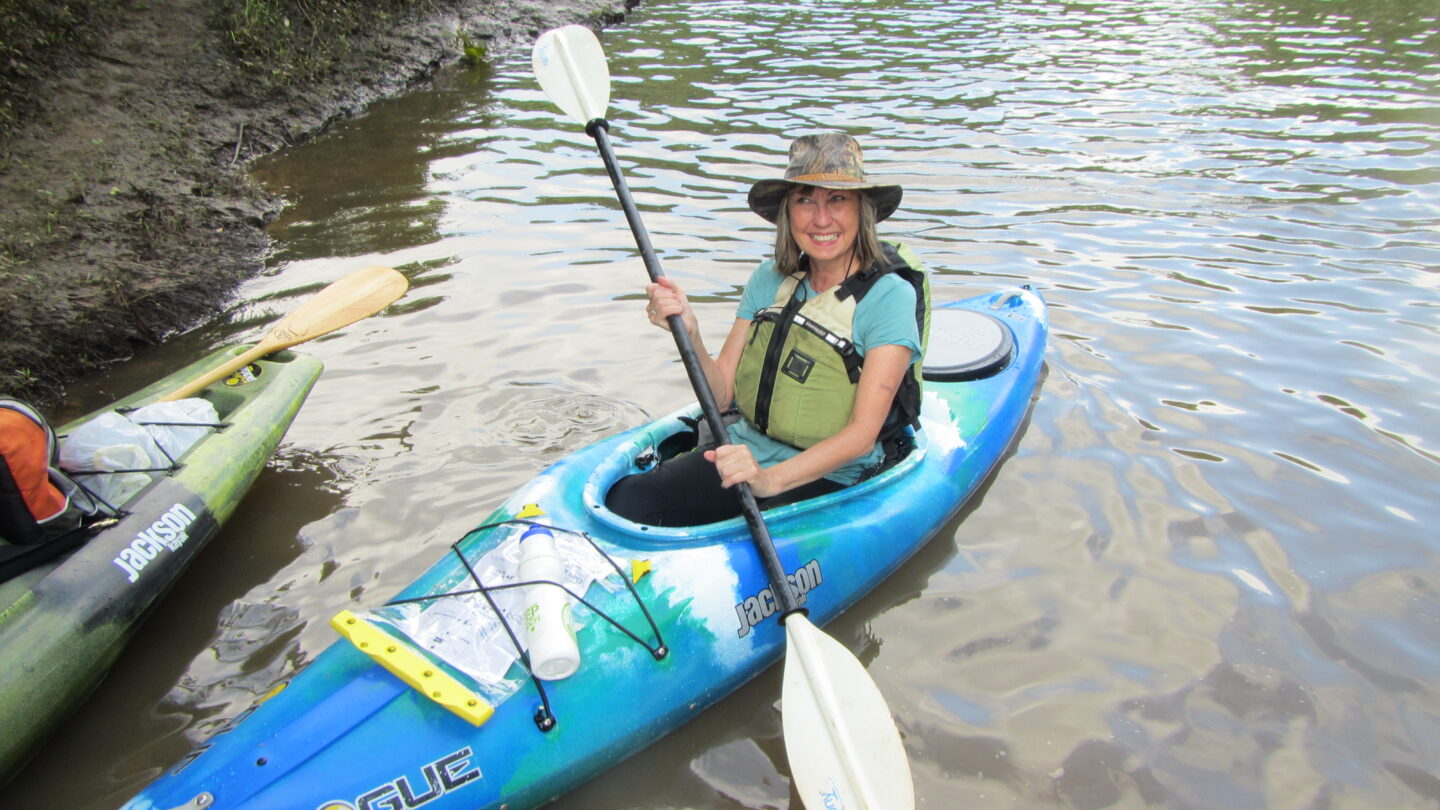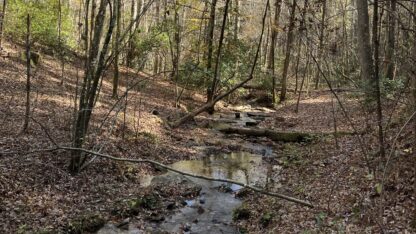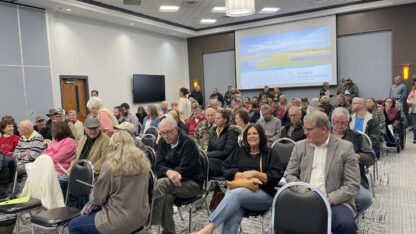The Chattahoochee is a hard-working river. It provides the bulk of Atlanta’s water supply. It’s used for industry and for recreation. It’s a home for wildlife.
The river is by no means pristine — part of the Chattahoochee has been closed to recreation for weeks because of pollution from a Fulton County sewage treatment plant.
But the Chattahoochee is in much better shape than it was 30 years ago. Back then, it was, as Sally Bethea describes it, “Nasty. It was just plain nasty. It was shameful. And it was disgusting.”
Bethea was the first Chattahoochee Riverkeeper when the organization was founded in 1994.
She has a new memoir reflecting on moments from her career as an advocate for the river.
“Keeping the Chattahoochee” is available now.
Each chapter opens with a walk in the Chattahoochee River National Recreation Area — Bethea made a habit of visiting the same spot in the East Palisades unit of the park near where a creek flows into the Chattahoochee.
“You have to unlearn hurrying, and you have to just slow down and look, and when you do it, every week or so, you really see the subtle changes,” she says. She notes the creatures in the creek, the ephemeral spring wildflowers and the lives of the trees.
Bethea retired from Chattahoochee Riverkeeper in 2014 after 20 years as the head of the environmental group. She says when the group started, the river downstream of Atlanta was flooded with sewage every time it rained — and sometimes even when it hadn’t.
“The thing that was amazing was that everybody in government and policymakers knew about it,” she says. “They knew the river was a public health threat, diminished, certainly, property values of the river along there, was harmful to the species in the river and you couldn’t recreate on it. But they didn’t do anything about it.”
In her memoir, Bethea writes about suing the city of Atlanta to force it to fix its sewer infrastructure. She also talks about a lot of other ways her group works to protect the river — conversations with private property owners, boat trips with politicians and journalists — efforts that, piece by piece, add up.
“The bottom line is persistence, resourcefulness, creativity, find a way to connect with the person or group of people who you are trying to convince of something,” she says. “And sometimes it might take a mallet like it did with Atlanta. And sometimes it may just take simply explaining something in a way that people understand. It takes years. I think sometimes young people don’t realize that it can take years to get these things done. So stay with it.”
Next year will be the 30th anniversary of the founding of Chattahoochee Riverkeeper. Bethea says looking ahead to the next 30 years, she’s most concerned about climate change.
“With more intense storms already coming, with the heat, we’re going to see changes in the watershed and we’ve got to be ready for that,” she says. “Our infrastructure that takes away our waste and provides drinking water was engineered and established for a different kind of time. We need to think about these things, and we need to be smart now, not later.”










